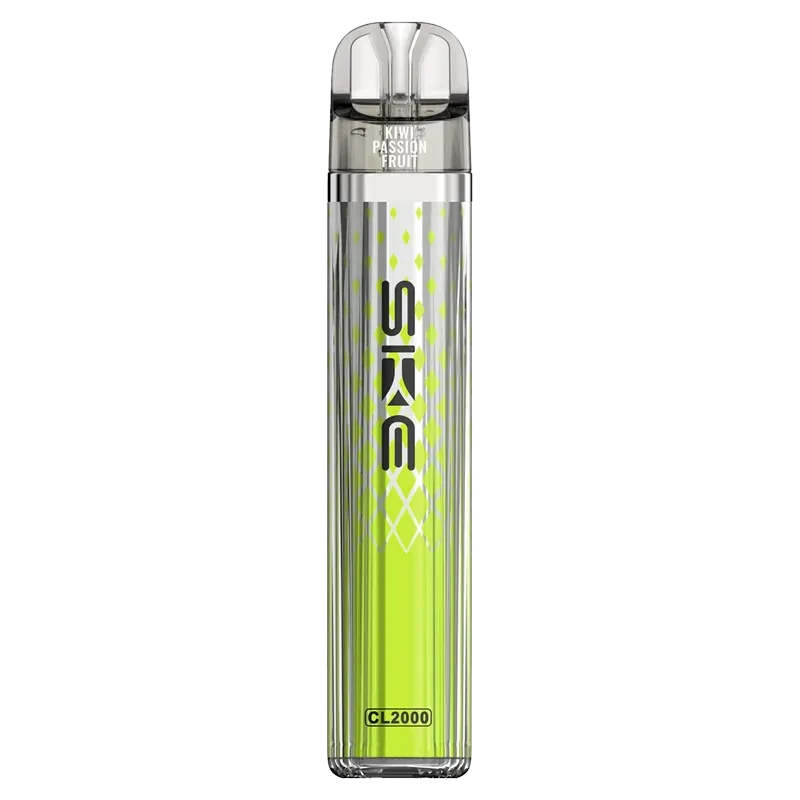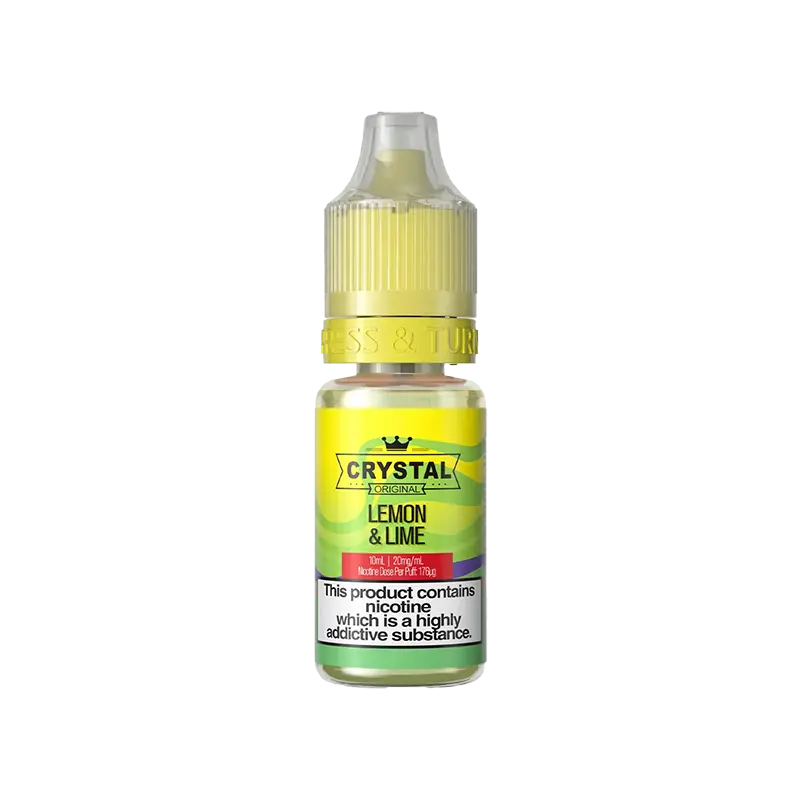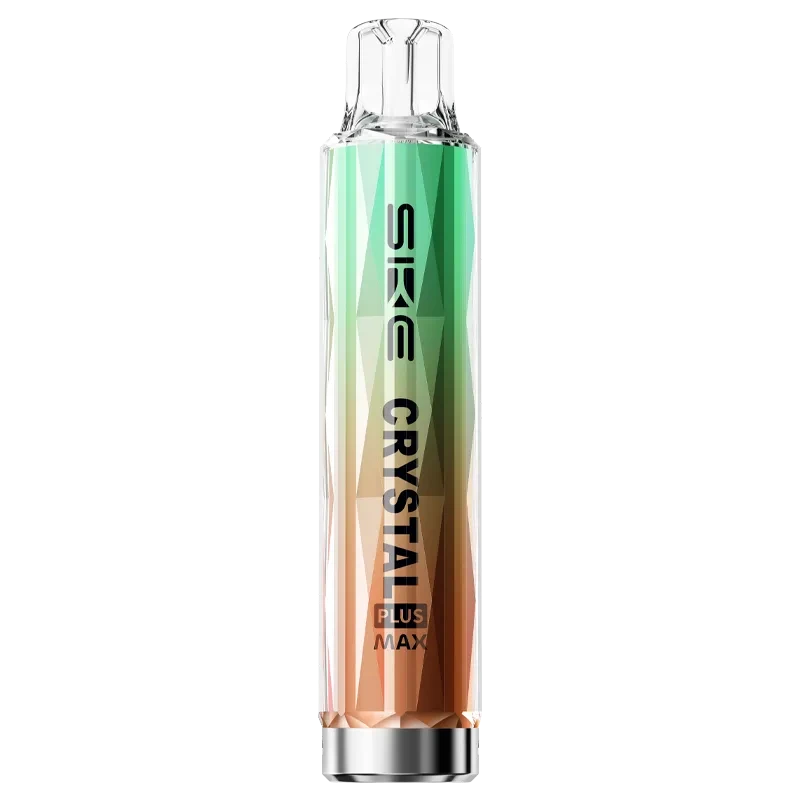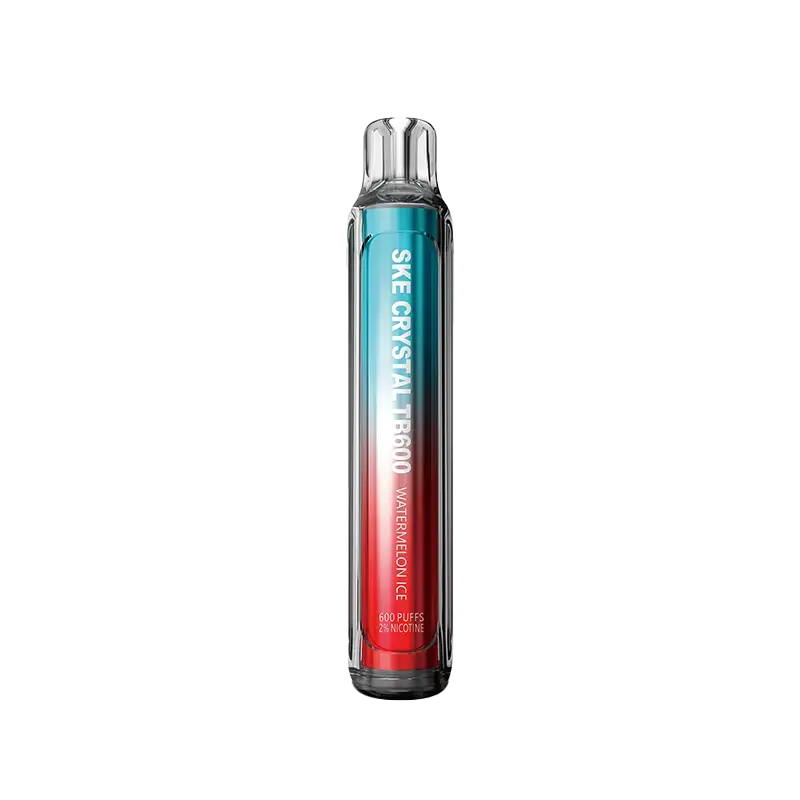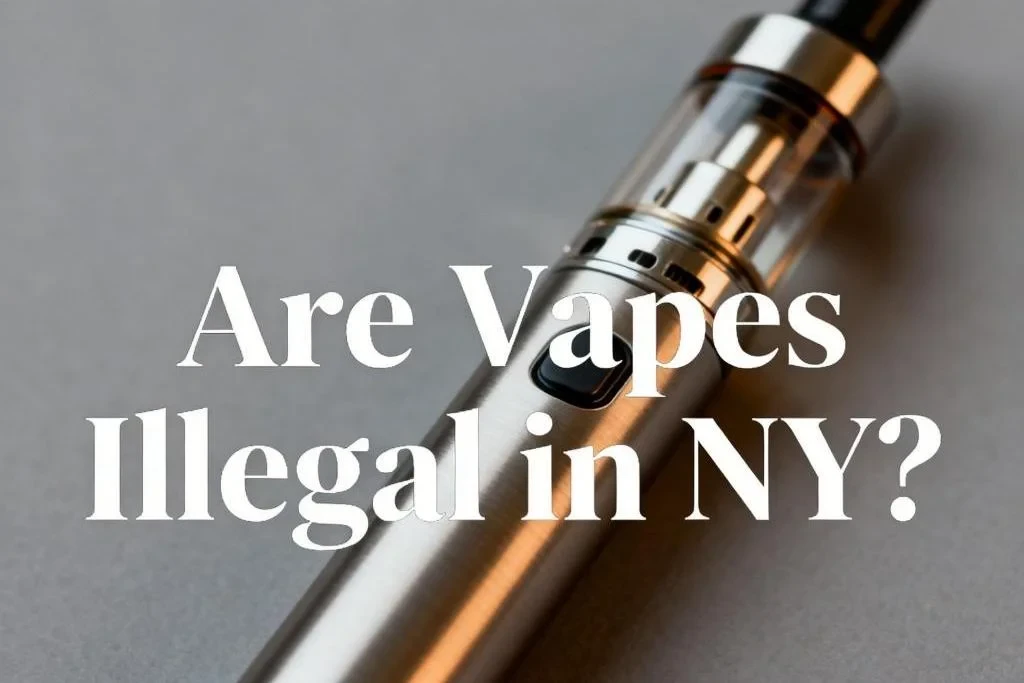DOES VAPING AFFECT CARDIO?
With the increasing popularity of vaping, questions about its long-term effects on health continue to rise—especially among those who are physically active. One common concern is whether vaping affects cardiovascular (cardio) performance and heart health. If you’re a fitness enthusiast, athlete, or someone simply concerned about their cardiovascular wellbeing, understanding how vaping interacts with the heart and circulatory system is crucial.
What Happens to Your Cardiovascular System When You Vape?
Vaping introduces various chemicals into your body, most notably nicotine, flavorings, and propylene glycol or vegetable glycerin-based aerosols. While it’s often marketed as a “safer” alternative to smoking, vaping still has physiological effects—many of which impact the cardiovascular system.
1. Nicotine and Heart Rate
Nicotine is a stimulant. When inhaled, it causes the release of adrenaline, increasing heart rate and blood pressure. Over time, this added strain can compromise cardiovascular efficiency and increase the risk of developing heart disease. Even short-term use of nicotine via vaping can cause arterial stiffness and decreased vascular function.
2. Reduced Oxygen Delivery
Some studies suggest that vaping may impair oxygen delivery to muscles by affecting red blood cell functionality and overall circulation. This can reduce endurance and performance, especially during high-intensity cardio workouts.
3. Inflammation and Oxidative Stress
Inhaled aerosol particles may promote inflammation and oxidative stress, both of which are detrimental to cardiovascular health. Inflammation can contribute to atherosclerosis (the buildup of plaque in arteries), a condition that narrows blood vessels and raises the risk of heart attacks or strokes.
4. Impact on Blood Vessels
Research shows that even a single vaping session can impair endothelial function—the inner lining of blood vessels—which plays a crucial role in regulating blood flow and pressure. Poor endothelial function is often one of the first signs of vascular disease.
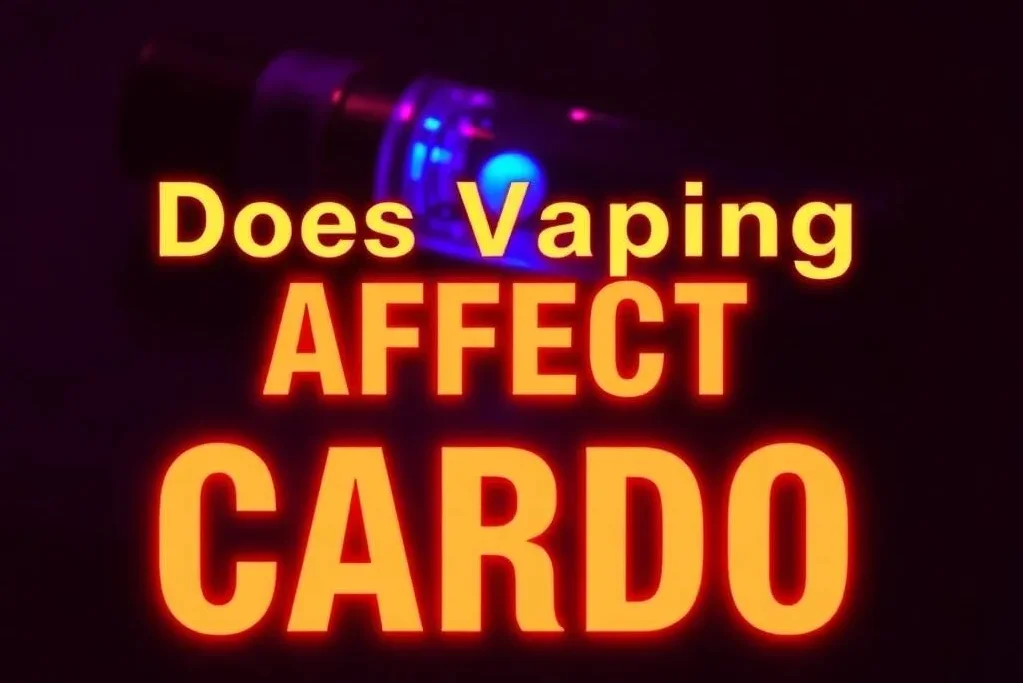
Vaping vs. Smoking: Is It Better for Cardio?
While vaping is generally considered less harmful than smoking combustible cigarettes, that doesn’t mean it’s harmless. Traditional cigarettes expose users to thousands of toxic substances, many of which severely damage cardiovascular tissue. Vaping eliminates some of these harmful substances but retains others, particularly nicotine and certain volatile organic compounds.
Therefore, while switching to vaping may reduce some cardiovascular risks compared to smoking, it still negatively impacts heart health—especially in the long term.
Vaping and Athletic Performance
For athletes or those who engage in regular cardiovascular exercise, vaping may interfere with:
- Lung capacity and oxygen intake
- Exercise endurance
- Recovery time post-exercise
- Heart rate regulation during physical activity
Many trainers and sports medicine experts discourage the use of any nicotine-based products—including vapes—among athletes for these reasons.
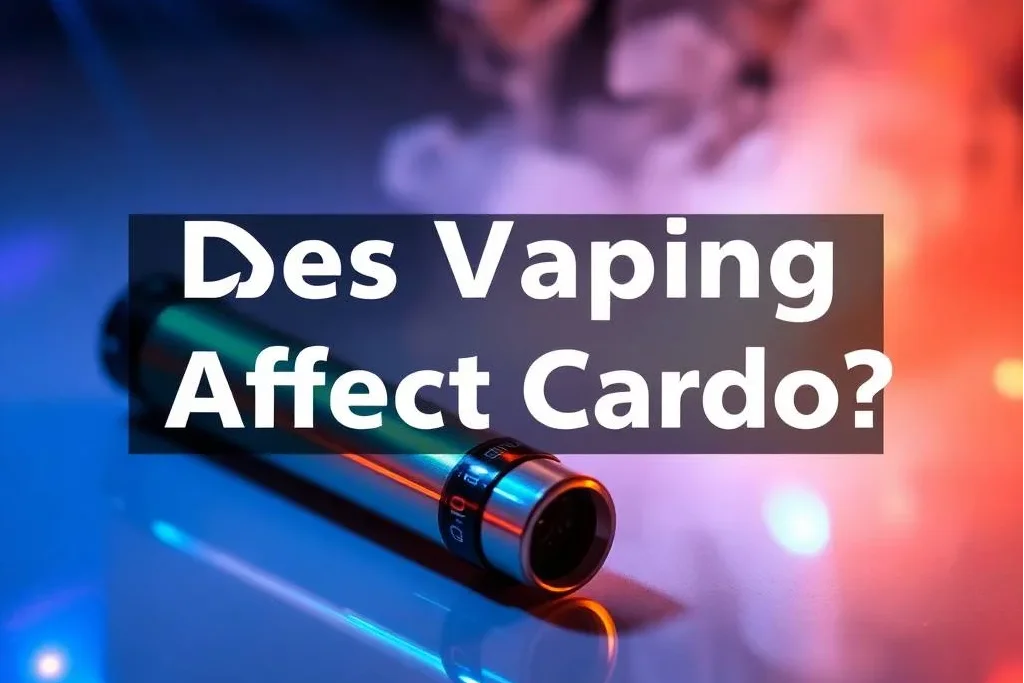
Long-Term Cardiac Risks of Vaping
Although long-term data on vaping is still emerging, early studies raise concerns about increased risks of:
- Hypertension (high blood pressure)
- Arrhythmias (irregular heartbeats)
- Coronary artery disease
- Stroke
As research evolves, more evidence is likely to surface showing a clear association between vaping and cardiovascular issues.
Conclusion
Yes, vaping does affect cardio health. While it may be less harmful than smoking traditional cigarettes, vaping still carries significant cardiovascular risks—especially due to nicotine and the inhalation of harmful aerosols. Whether you're an athlete, a fitness enthusiast, or someone prioritizing heart health, limiting or eliminating vape use is a smart decision for maintaining optimal cardiovascular performance and wellbeing.





